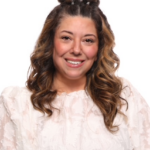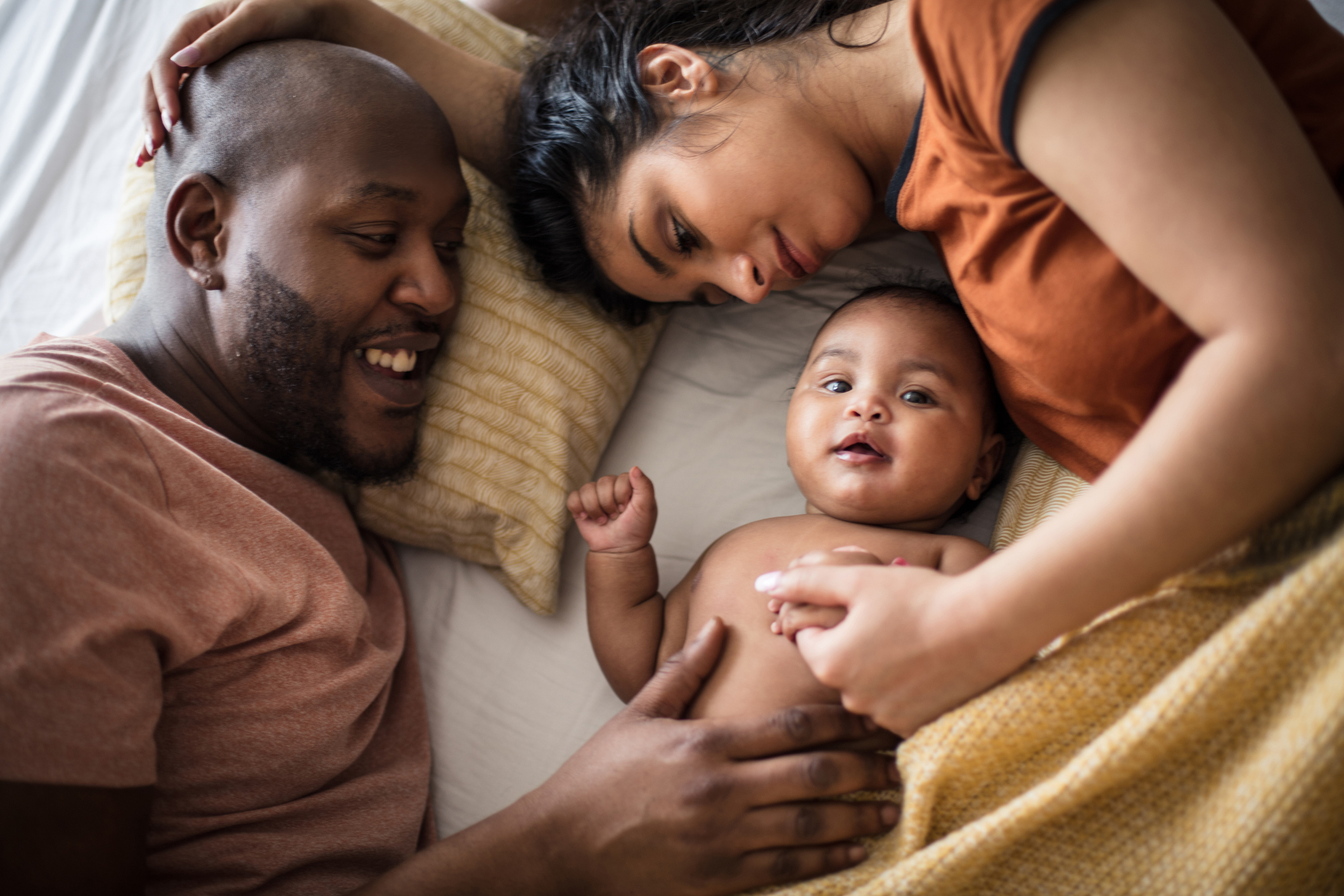
Adoption is a beautiful thing. When life presents an opportunity for parents and children to come together to form a family, adoption is a gift for everyone involved. Becoming a parent is a dream for many people that doesn’t always get to come to fruition by traditional means. Thankfully, adoption exists.
Unfortunately, without knowing someone personally who has adopted a child or has been adopted, it can be hard to know what to say and do. This can lead to some uncomfortable and insert-foot-in-mouth situations. We asked some adoptive parents and adult adoptees what they wished people knew about adoption and this is what they said.
The More Love the Better
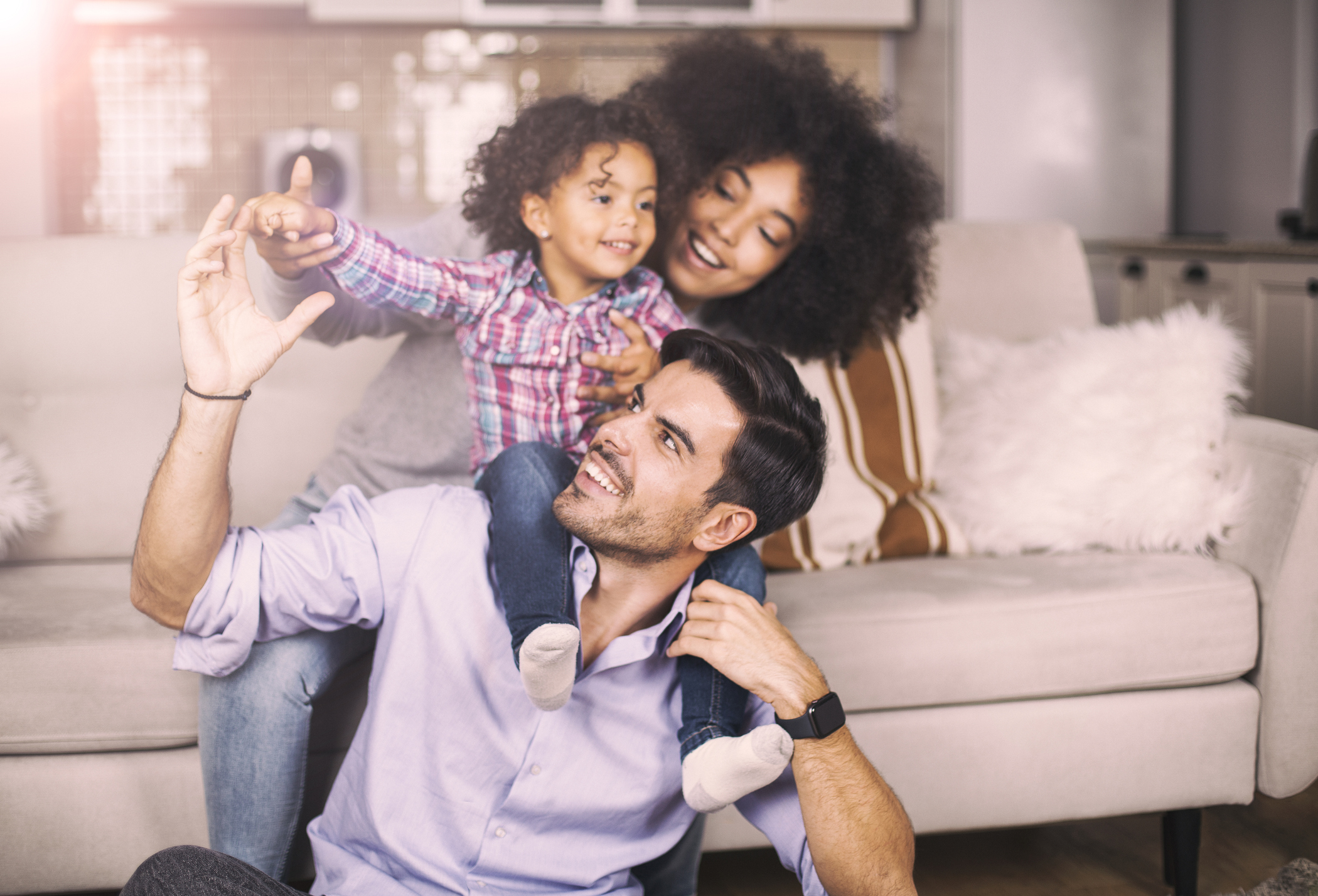
“We need to understand that adoptees can love more than one family. The presence of loving adoptive parents does not negate an adoptee’s need to know their biology, nor does knowing their birth family necessarily negate their need for their adoptive family. It can be both/and instead of either/or.” — Stephie P.
Some Things Are Not Your Business
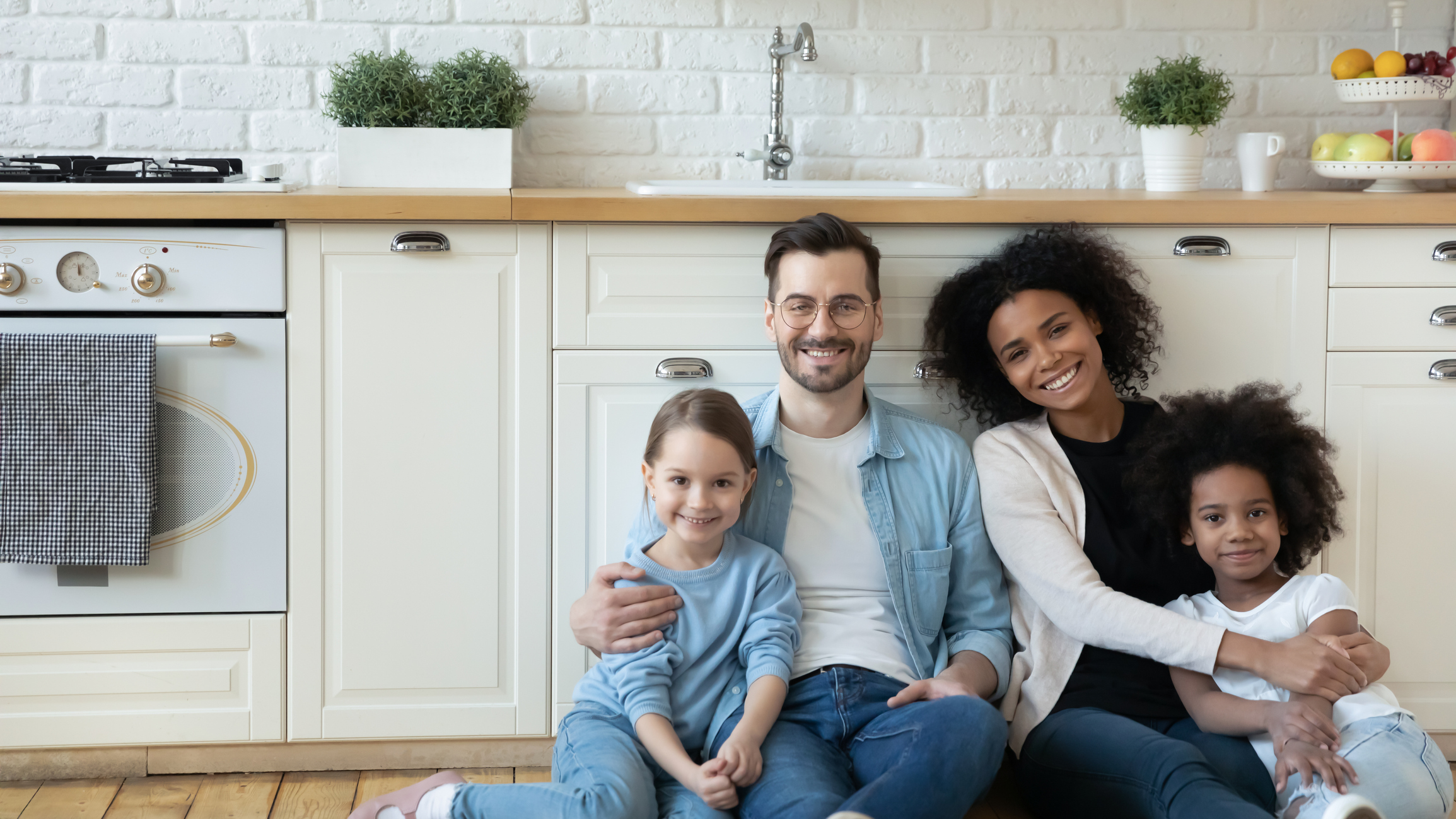
“It's OK to ask how much money adoption costs in general, but please don't ask me how much money was spent on my child's adoption. There are a lot of ways to adopt and each of those ways cost a different amount (foster to adopt vs. private adoptions) but to ask how much I paid cheapens (pun intended) our family.” — Heather R.
Real vs Not Real
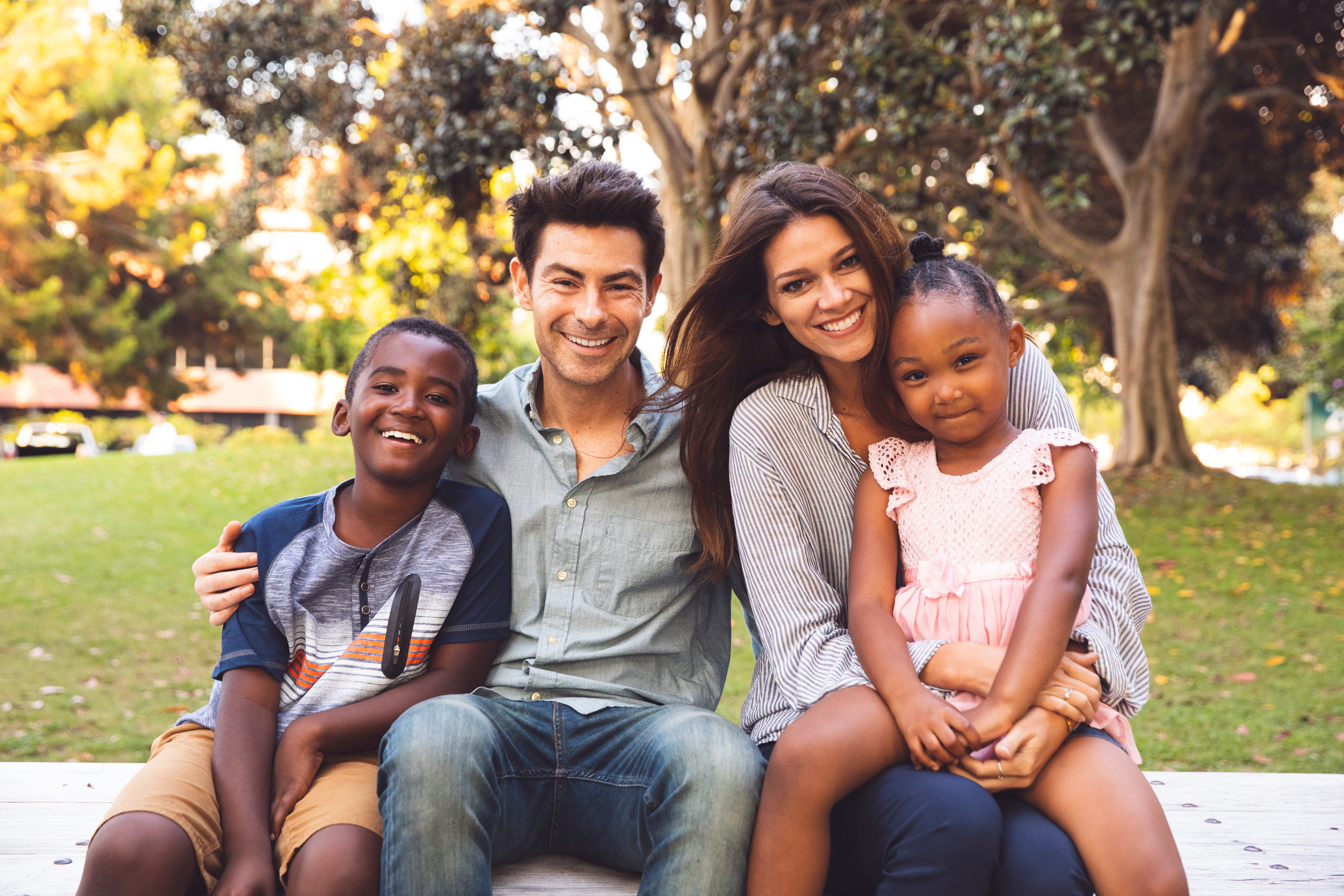
“Please do not ever refer to my biological parents as my ‘real mom and dad.’ My ‘real’ mom and dad chose me, wanted me and were there for me every day of my childhood and beyond. You cannot get more ‘real’ than that. It’s hurtful and offensive to devalue my real parents.” — Sidney S.
Different Parenting for Different Kids
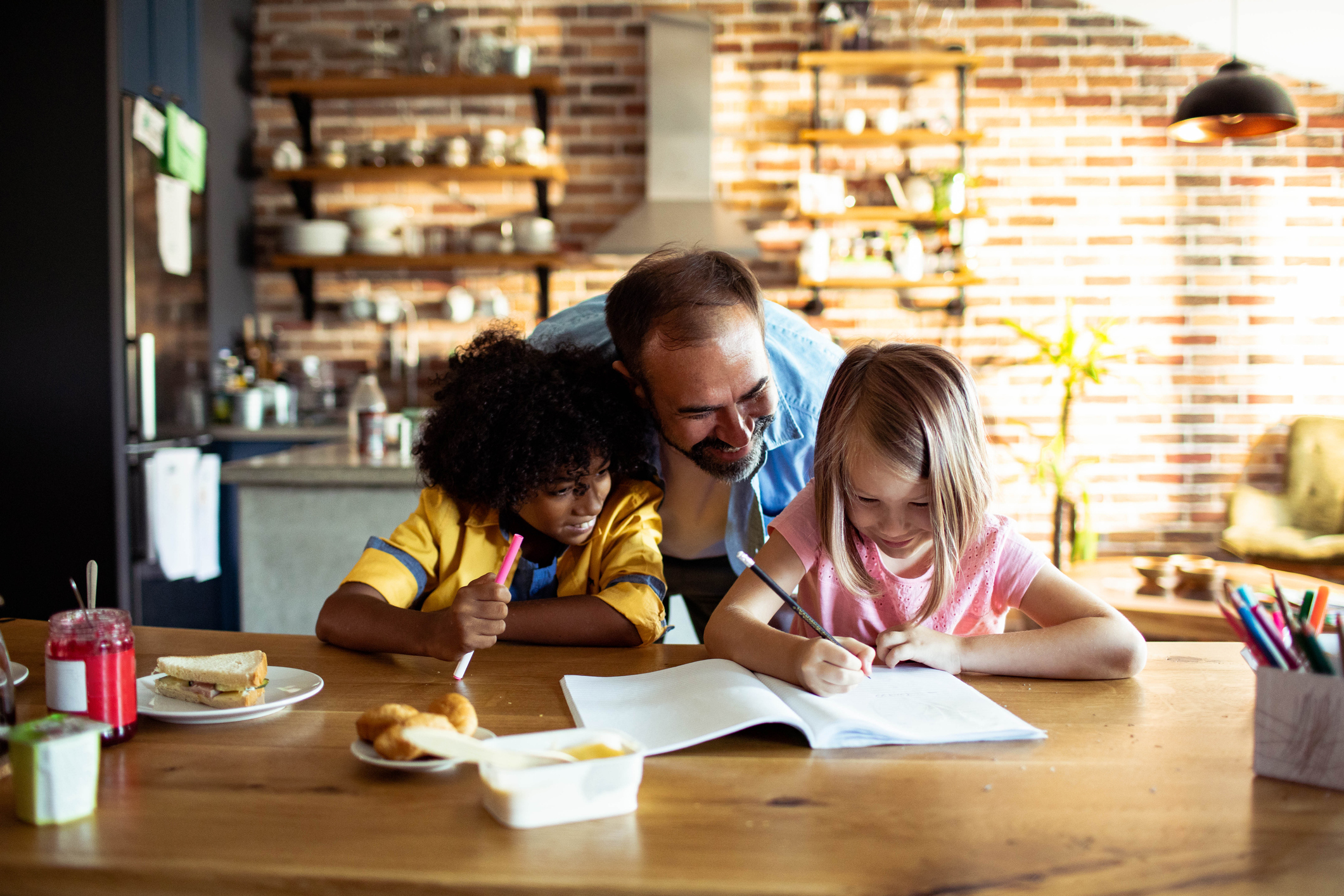
“We parent differently. I have two biological children and two adoptive children. I parent them completely different. Depending on their trauma and what they’ve been through, you let things slide a little more initially.” — Tammy M.
We Are Family
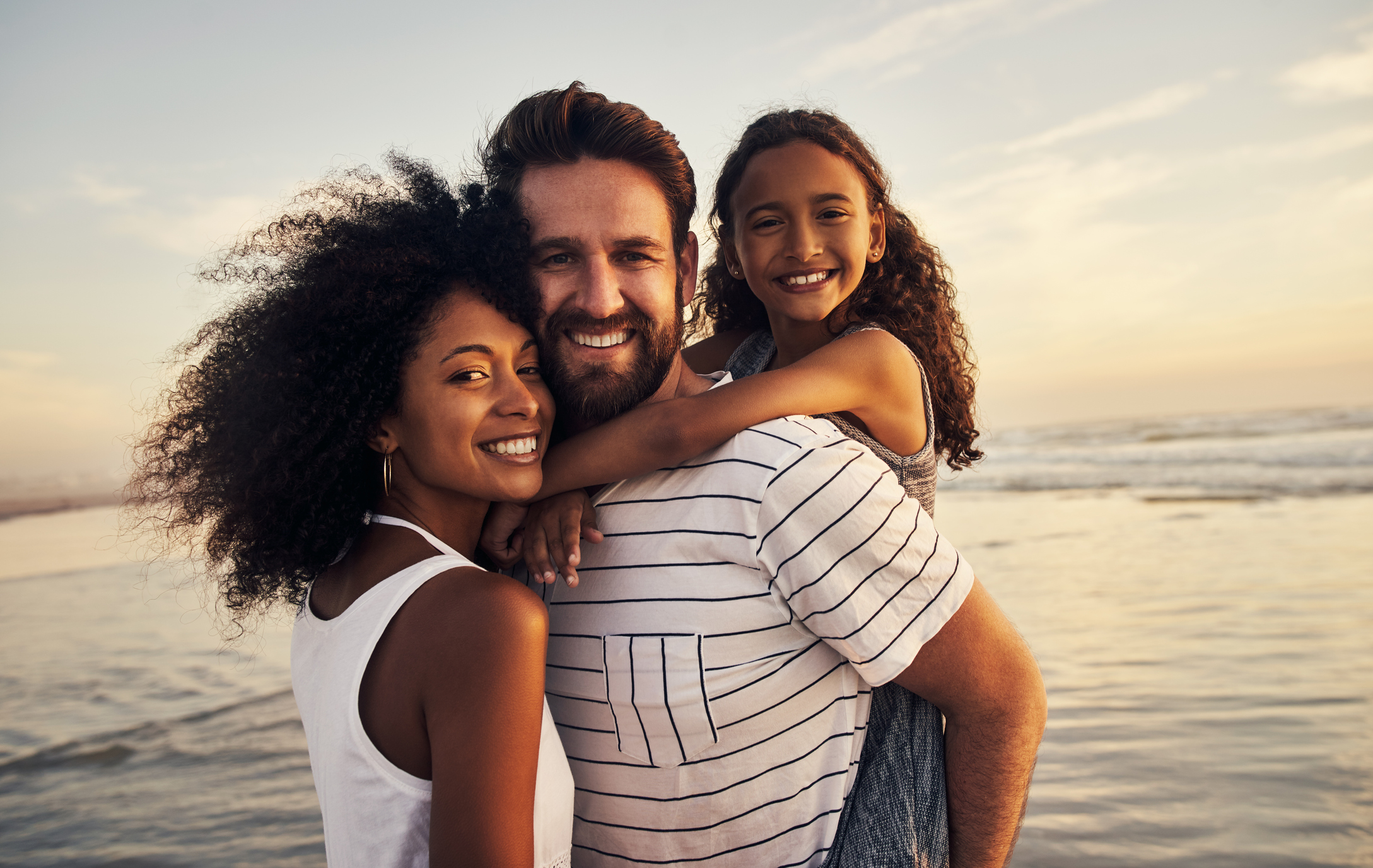
“It’s just natural for adopted people to want to explore and understand our genetic heritage, as it is for any other human being. It’s not some kind of betrayal of the family that raised us or an indication that we love them less or want to replace them. It’s the same desire for self-knowledge that drives any person with a keen interest in family genealogy research.” — Becca H.
What Is Real?
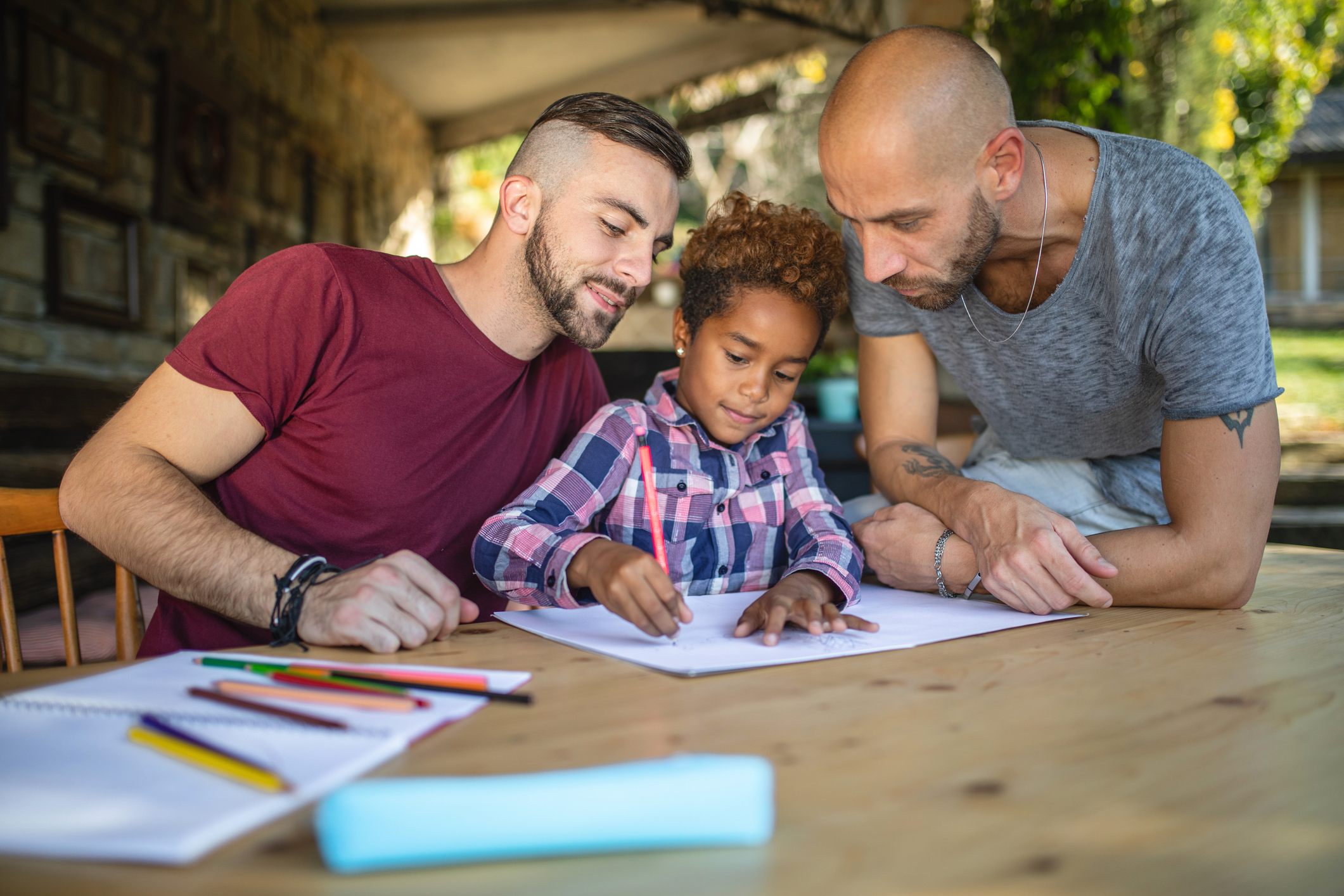
“I don’t want to ever hear the words 'real parents' out of a non-adoptee’s mouth ever again. I’ve heard both, 'Do you know who your real parents are?' and, 'Your real parents are the ones who raised you.' Each of those relationships is a real relationship with a real person who has meaning in my life. The use of the word 'real' implies the judgment of a non-adoptee about other relationships not being real. If you want to have no relationship with me, say that to me.” — Dale G.
Open Communication

“Keeping an open form of communication with the birth/bio parents is an important factor to consider for all family members. Having an open adoption makes it easier for us to discuss with our son. Knowing our child has the love and support of a birth/bio family and a heart family makes the growing pains simpler than covering it up. Being able to tell our child the story of his birth, how fortunate we were to be there, how much love was shared the entire time, the joys, the tears, the elation … all of this is part of what makes our son so incredibly special for everyone.” — Shelly S.
Never Ask Why
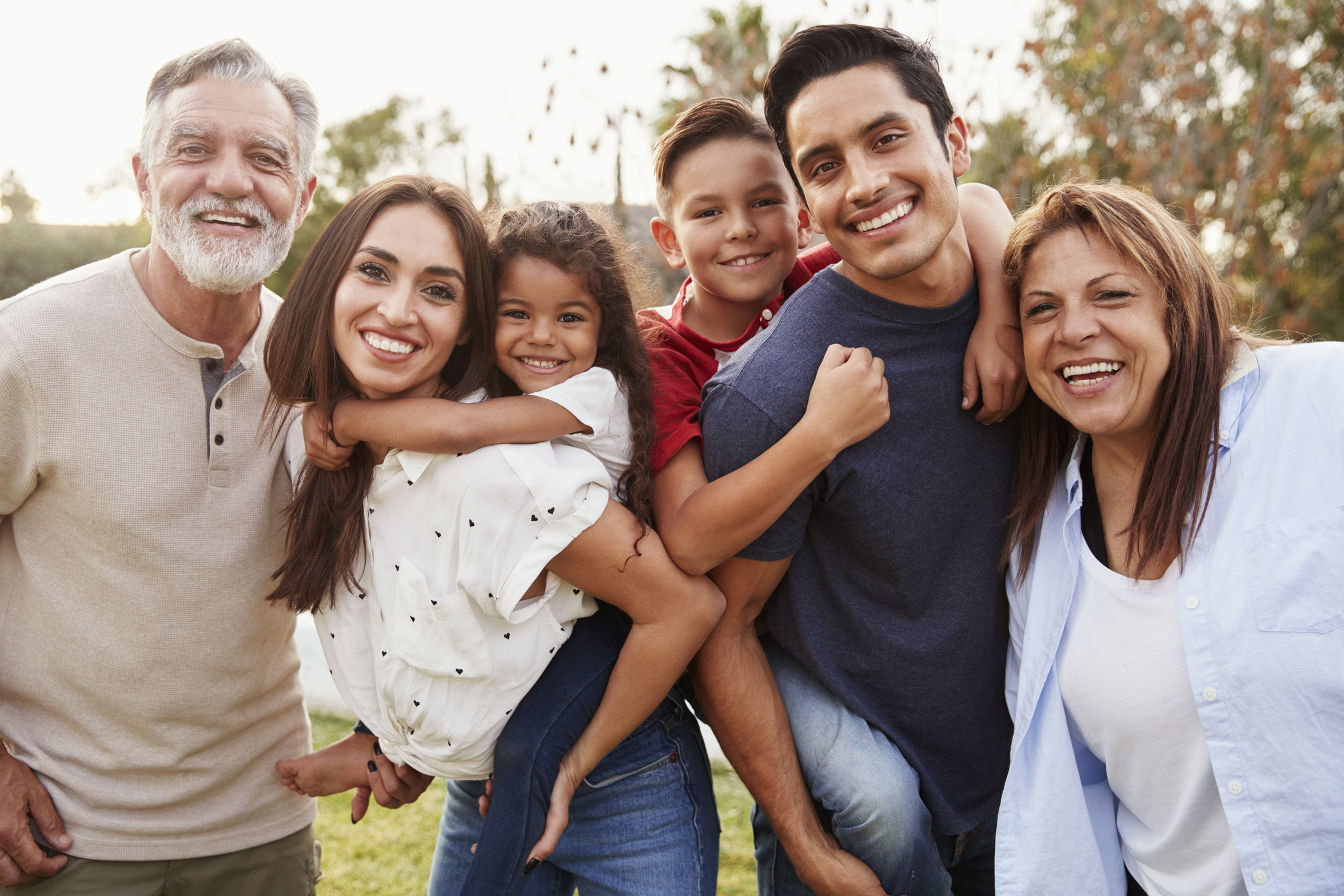
“Please don't ask why our children were placed for adoption, and especially don't say 'why didn't their mom want them?' I've never met a birth parent who didn't want their birth child. Children are placed out of love and the desire for them to have a better life than what the birth parent can offer, not because they are not wanted. Furthermore, the only people that truly know the reasoning for placing a child for adoption are the birth parents. And even if we do know, that is a very private story that should only be told by our children when they are older, and only if they want to.” — Heather R.
Words Matter
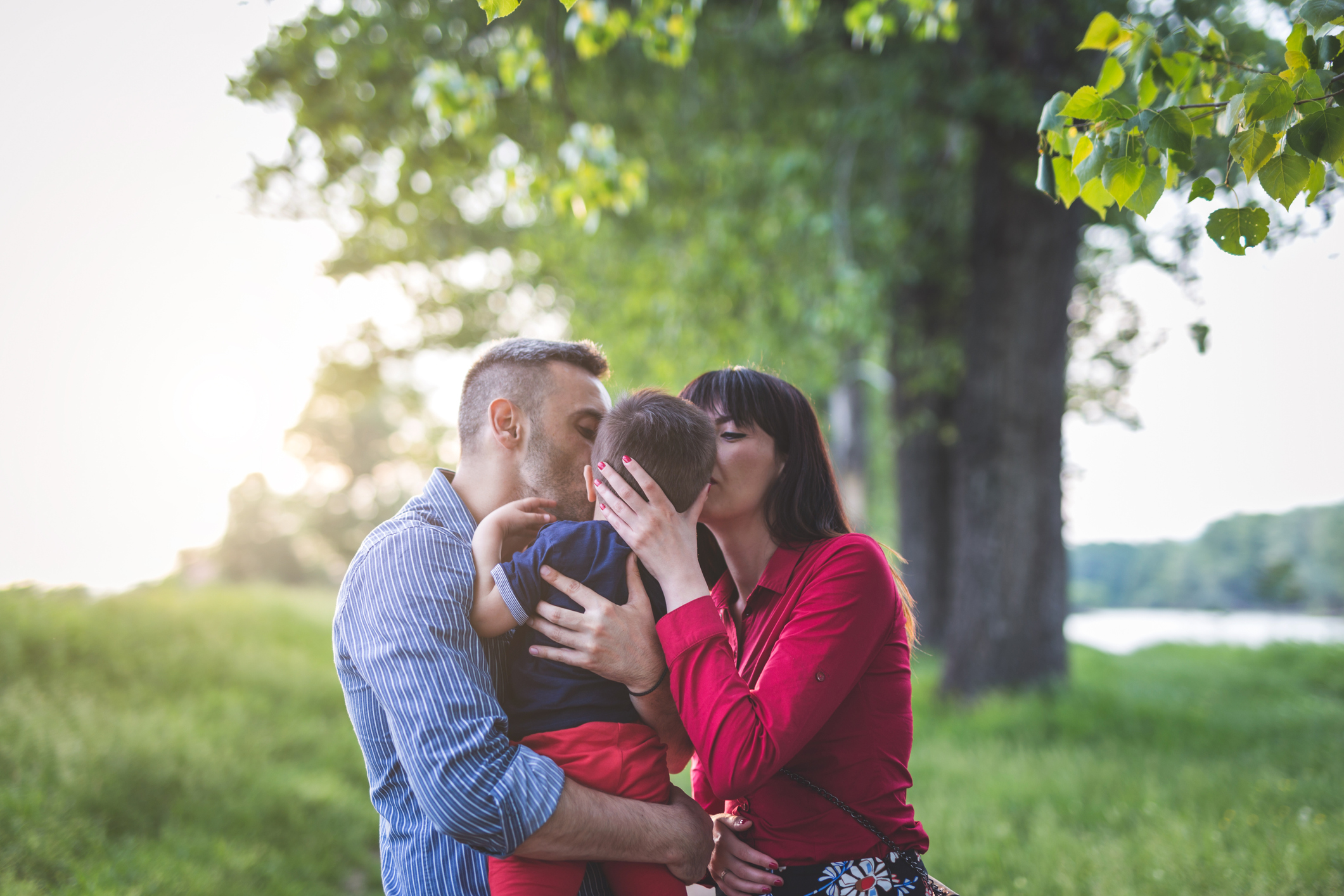
“For people looking to adopt, it is a rocky road. There are many financial obligations, medical obligations, legal obligations, scholastic obligations to consider. There are times when people are going to use terms that will sting even if it is unbeknownst to the speaker. Being referred to as ‘real’ or ‘adoptive’ can be equivalent to striking someone with an iron fist. Same for birth/bio parents (notice how I use both terms — it’s a preference left up to them). Parenting is real, no matter which parent is the referent. Ask the parents how they choose to identify themselves, some are OK with being called adoptive whereas others are not. Have respect for the sensitivity of the adoption process. Some people are open and willing to talk about it, for some it remains a taboo subject. Even worse, for some it’s painful because there are many of us out there who have gone through the process only to lose a significant amount of money and other intangibles for various reasons.” — Shelly S.
Adoption Is Trauma
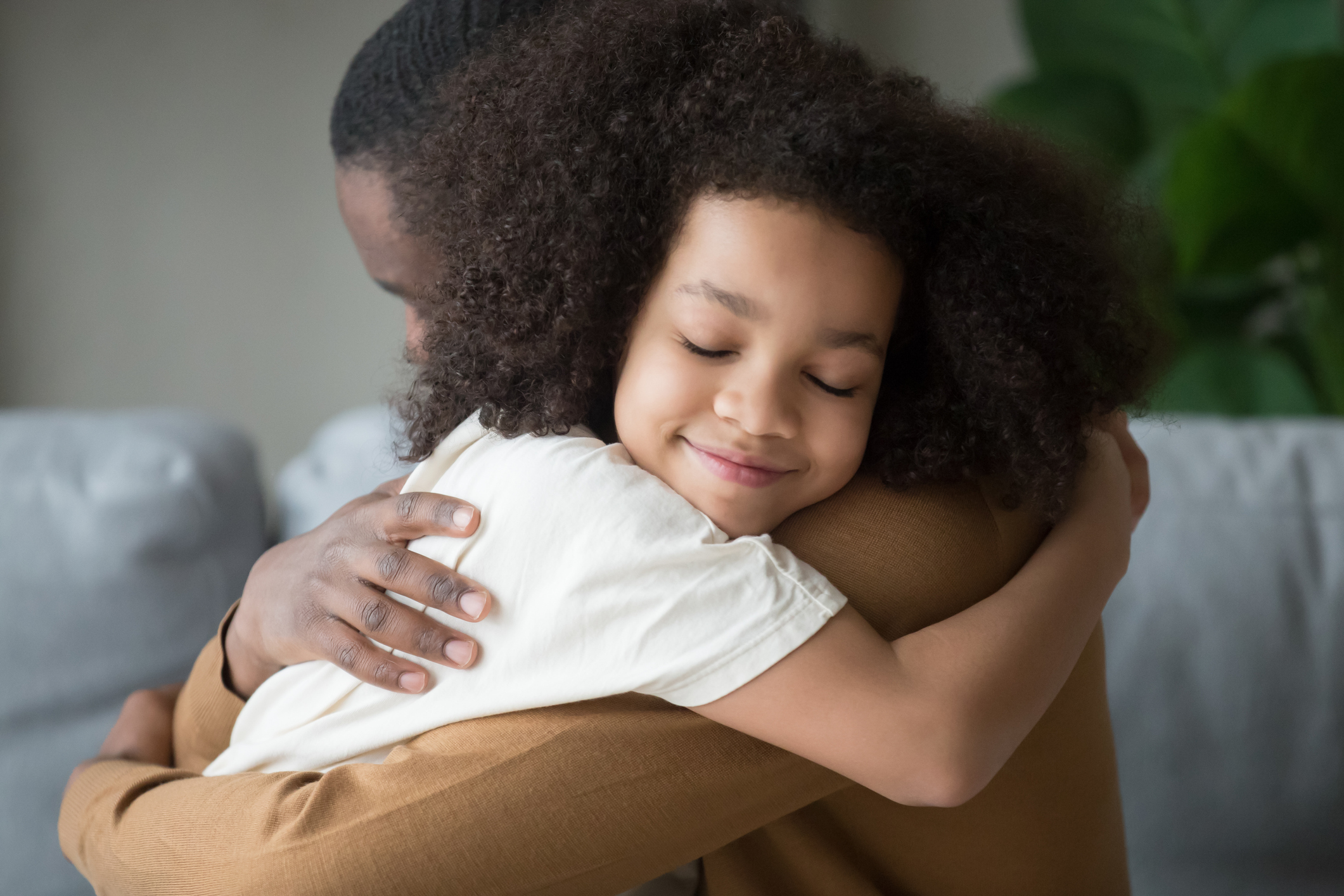
“I wish more people understood that adoption is trauma, no matter the type of adoption or how old the child was when they came home. This doesn’t mean that adoption can’t be beautiful, but it doesn’t mean that we as adoptive parents have to dig in to better understand trauma and the primal wound, and prepare to walk with our children as they navigate their trauma.” — Stephie P.
It Takes a Village
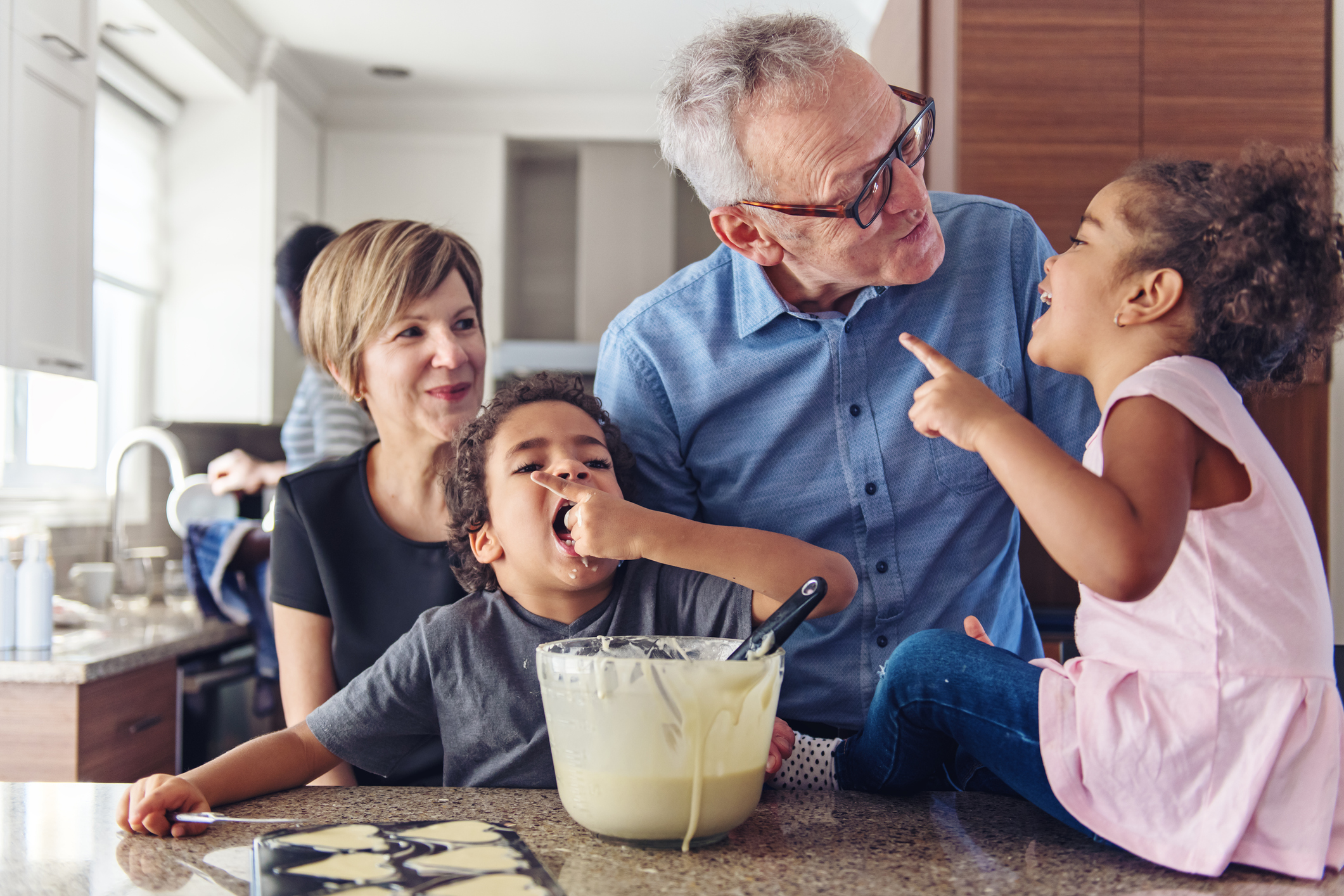
“We need lots of support. If it wasn’t for my village, especially in the first two years, I know I would not have been able to do it.” — Tammy M.
Be Present
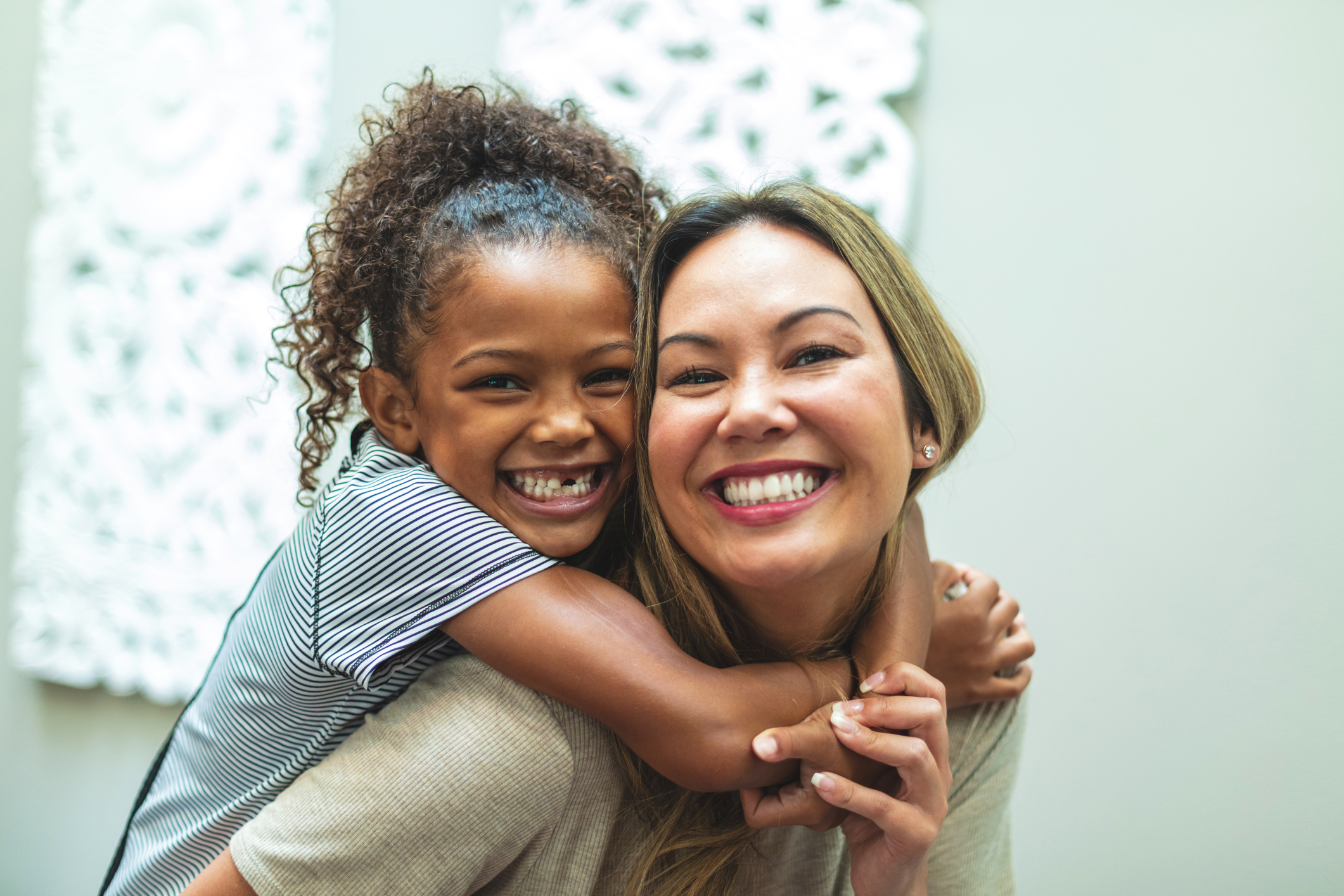
“Being an adoptive parent requires action. It requires being an active participant and seeking out education and resources to be and do the best you can for your child.” — Stephie P.
Family Is What you Make It

“Most of us have parents, siblings, and other relatives before we’re adopted. And they remain in our lives after we’re adopted — whether physically present through open adoption or in our hearts until we’re able to connect with them again. One way or another, our families always come with us and all adoptive parents need to honor that, not fear it.” — Becca H.
Where Baby Came From

“Please don't ask where we got our children. It's a strange question, really. If you would like to know how they joined our family, please ask if they were adopted domestically or internationally. If we are comfortable saying more we will. If we don't elaborate it's safe to say we are not sharing that information." — Heather R.
